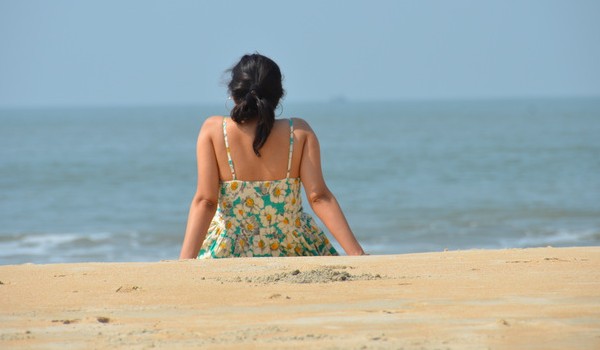One in five UK adults deficient in vitamin D

Millions of Britons are at risk of developing rickets and bone deformities due to vitamin D deficiency National Health Service watchdog has warned.
The National Institute for Health and Care Excellence (Nice) has revealed one in five Britons may be at risk of developing bone disorders due to lack of vitamin D.
Nice said pregnant women, people with darker skin and children are among the most vulnerable.
The deficiency of the nutrient can cause rickets in children and increase the risk of developing osteoporosis, osteomalacia and cancers in adults. The condition tends to weaken the patient’s bones, causing pain and eventually hampering mobility.
The new guidance blames Britons indoor lifestyle and lack of exposure to the sunlight, especially during winter months, as the main reason behind the deficiency.
Sunlight is the natural source of vitamin D but the nutrient can be also be found in oily fish, egg yolk and red meat.
Nice is calling for a national campaign to raise awareness about the importance of vitamin D among doctors, nurses and other health professionals.
The watchdog has urged British government to extend the distribution of supplements which contain vitamins A, C and D, with particular concern about the rise in rickets. At present these are given only to pregnant women, mothers with young children and children aged six months to four years.
Professor Mike Kelly, director of the Nice Centre for Public Health, said: “The new proposals were vital for improving the nation’s health. Local authorities should consider offering supplements for free to those at risk and pharmacies should stock low-cost vitamin supplements.”
The study shows that the deficiency can occur at any age but is likely during periods of rapid growth, during pregnancy and while breastfeeding.
Figures show the wiped out bone-deformities during the Victorian era returning five-fold in the past 15 years.
Nice warns: “Older people are also at increased risk, particularly if they are frail, because they may spend more time indoors and have limited sun exposure.”
Aastha Gill
Photo: Aastha Gill
























Facebook
Twitter
Instagram
YouTube
RSS